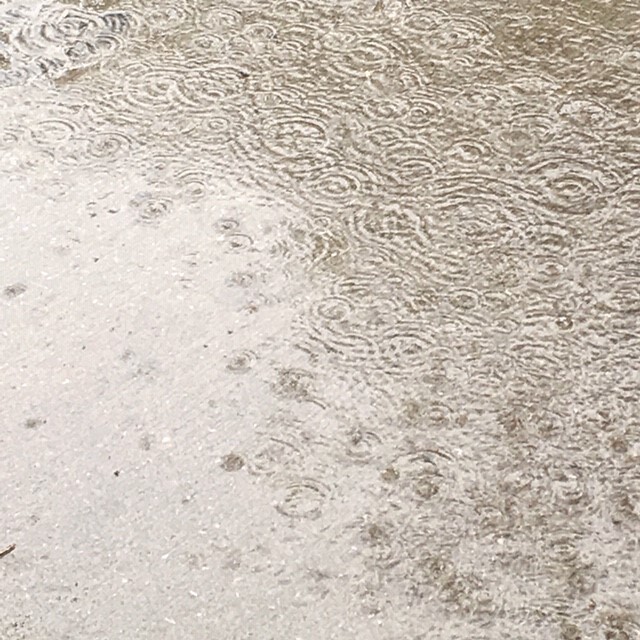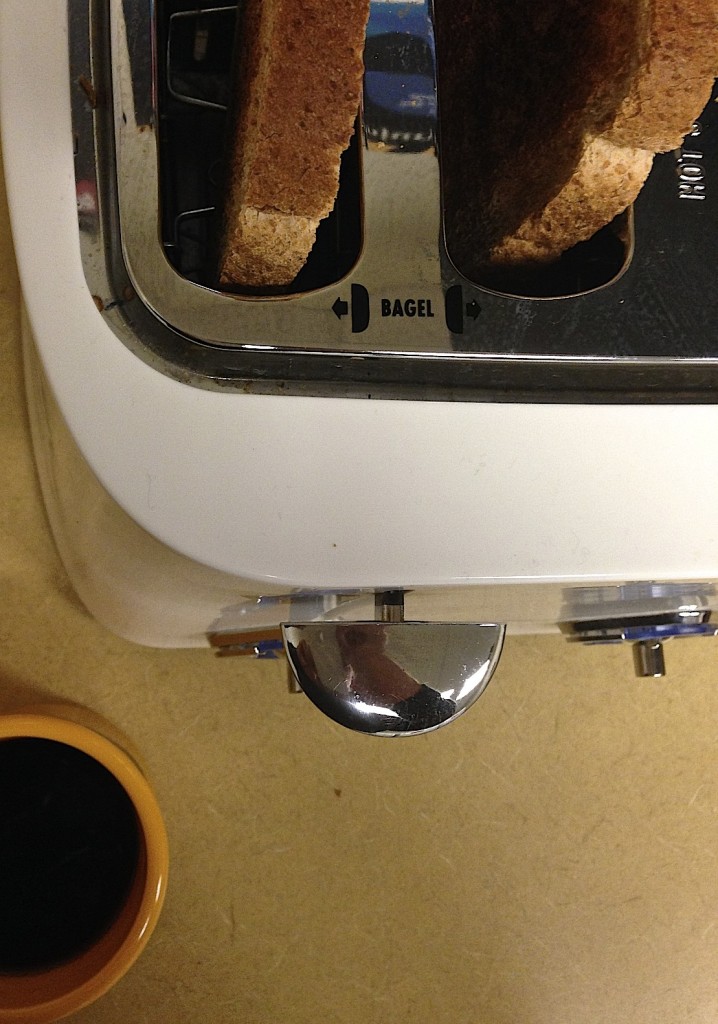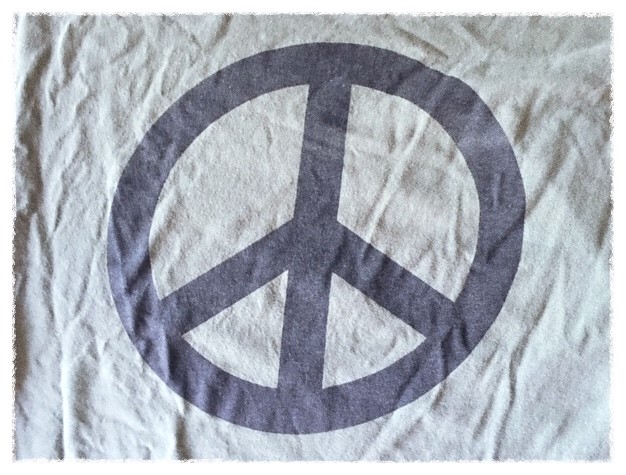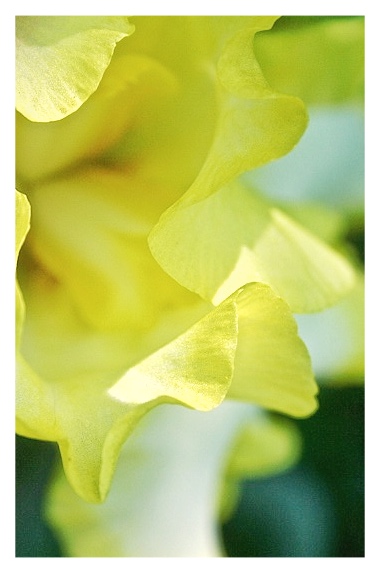
We seek shelter, a leafy tree,
tenement steps, even pressing closer
to a random building
in hopes we may be spared.
It wasn’t supposed to be this way.
Ignoring the signs, we forget the distinction
between lightning and thunder,
not counting the seconds between,
or caring.
Overcast, overcome with the immediacy
of the moment. Summer weather
a reminder of the turmoil we live with,
or clouds we live under.
A day as promising as a politician’s smile,
just as deceiving. Unnoticed, but not
unexpected. Forced,
by chance, to deal with inclement emotions
and torrential pain. Crushing humidity,
atmospheric pressure bucking
under its own weight. Our thoughts
hold us hostage.
Days rarely go as planned.
Night will come, as surely as our breath.
Here we are, huddled with strangers,
waiting out another storm.
© 2019 j.g. lewis



